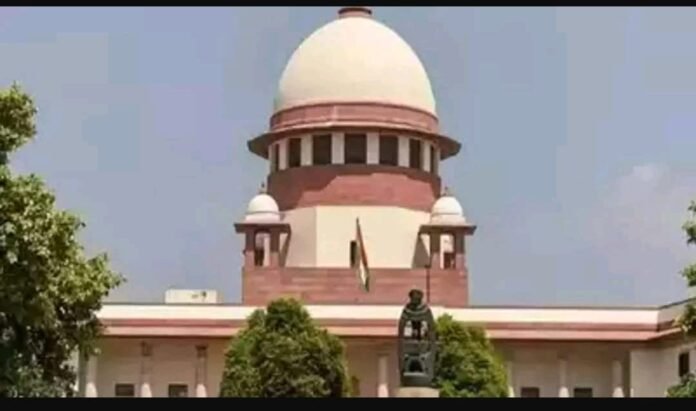Introduction: In the 1985 landmark case of Shah Bano, advocate Mohd Ahmed Khan, with an annual income of Rs 60,000 in the 1970s, played a pivotal role that brought the spotlight on the urgent need for alimony reform in India. The case not only highlighted the plight of Muslim women but also ignited a national debate on the implementation of a Uniform Civil Code (UCC) in the country.
Background: Shah Bano, a Muslim woman, found herself in a difficult situation when her husband divorced her using the Islamic practice of triple talaq. Seeking financial support, she approached the Supreme Court of India, which ruled in her favor, granting her alimony. This decision was significant, as it challenged the prevailing personal laws that often deprived Muslim women of their rights.
The Alimony Controversy: The court’s ruling in favor of Shah Bano stirred widespread controversy and ignited debates across the nation. The amount awarded to her as alimony, Rs 20 per month, became a symbol of the systemic discrimination faced by Muslim women under existing personal laws. Critics argued that this paltry sum failed to adequately address Shah Bano’s financial needs and exemplified the urgent need for reform.
UCC: The Demand for Equality: The Shah Bano case spurred demands for the implementation of a Uniform Civil Code in India. Proponents of a UCC argued that a common set of laws for all citizens, irrespective of religious affiliation, would ensure gender equality and put an end to discriminatory practices. They argued that personal laws based on religious beliefs should not supersede fundamental rights and gender justice.
Opposing Perspectives: However, opponents of a UCC, including religious groups and conservative voices, expressed concerns over potential interference with religious freedom and cultural traditions. They believed that personal laws should be respected and followed, as they were deeply embedded in religious practices.
Government Response: Despite mounting pressure, the Indian government chose not to enact a Uniform Civil Code in response to the Shah Bano case. The issue remains a subject of ongoing debate, with advocates and opponents continuing to voice their opinions and seek legal reforms to address the inequalities faced by Muslim women.
Conclusion: The Shah Bano case, spearheaded by advocate Mohd Ahmed Khan, brought the issue of alimony and the urgent need for alimony reform into the national spotlight. While the case did not lead to the implementation of a Uniform Civil Code, it did spark a nationwide conversation on gender equality and the necessity of revisiting personal laws that often marginalize women. As India moves forward, the pursuit of justice and equality for all citizens remains a crucial aspect of its evolving legal landscape.

